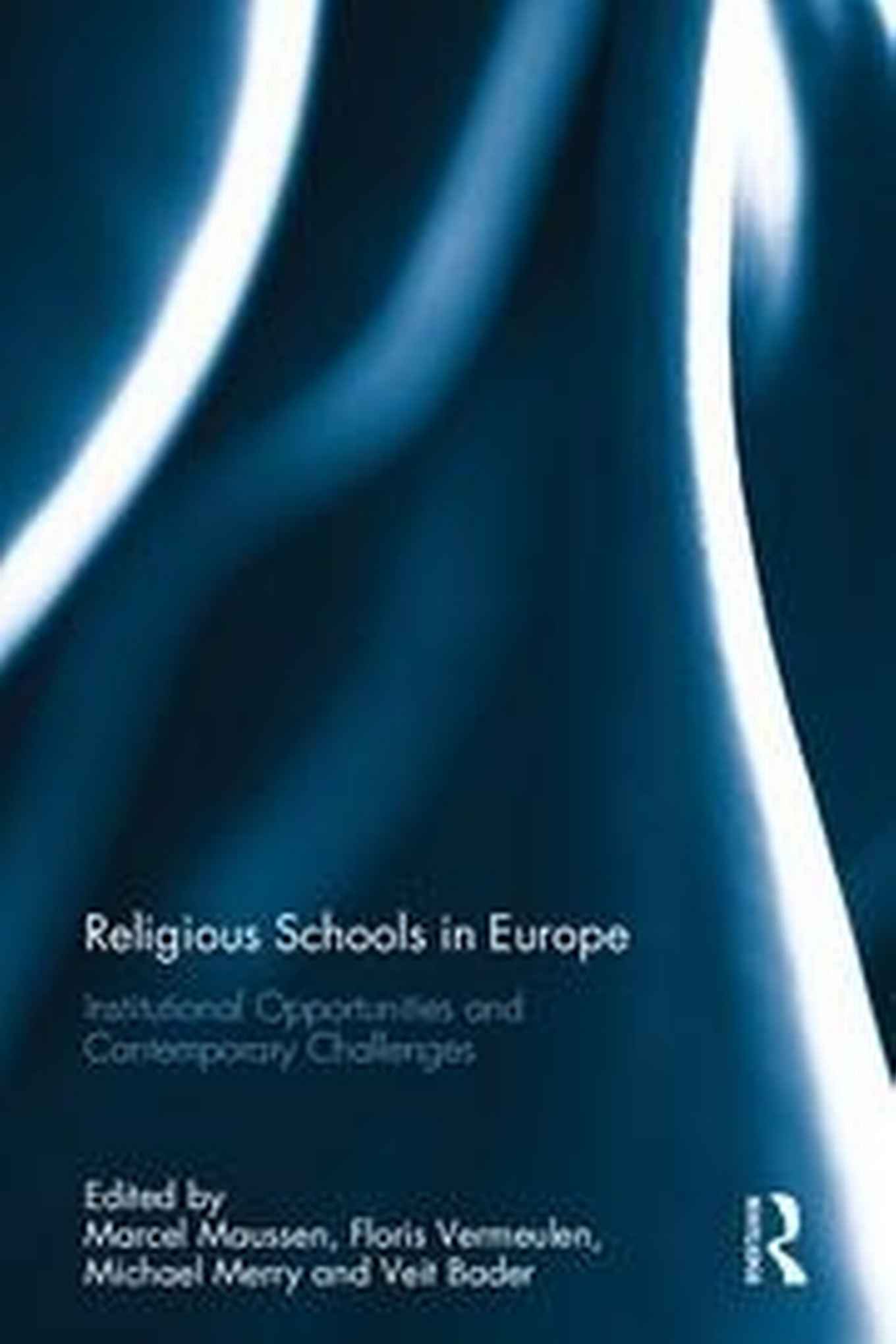Religious schools in Europe | M. Maussen, F.F. Vermeulen, M.S. Merry & V. Bader (eds.)
Institutional Opportunities and Contemporary Challenges
28 January 2016

While the European Union (EU) has a limited competency when it comes to matters of religion, in 2000 an important Directive was adopted, prohibiting discrimination on the basis of religion or belief in the area of employment. The EU’s interest, however, extends beyond the anti-discrimination framework, explaining why in 2010 it funded a three-year multidisciplinary project on religious diversity and secularism in Europe (RELIGARE). One of the areas of investigation, illustrating the various tensions that arise when religious claims are formulated in 21st-century Europe, concerned the area of employment and labour relations. This article provides an introduction – philosophical, legal and sociological – to a special issue with six contributions drawing from sociological data collected within the RELIGARE project. From a sociological perspective, these contributions illustrate the challenges and tensions raised by religion and belief both in secular workplaces (the individual religious freedom cluster) and in faith-based or religious ethos workplaces (the collective religious freedom cluster) in England, the Netherlands, Denmark, Bulgaria, France and Turkey.
Religious schools in Europe. Institutional Opportunities and Contemporary Challenges
- Marcel Maussen, Floris Vermeulen, Micahel Merry & Veit Bader (eds.)
- Routledge,London 2016.
- ISBN: 978 11 3888 848 7